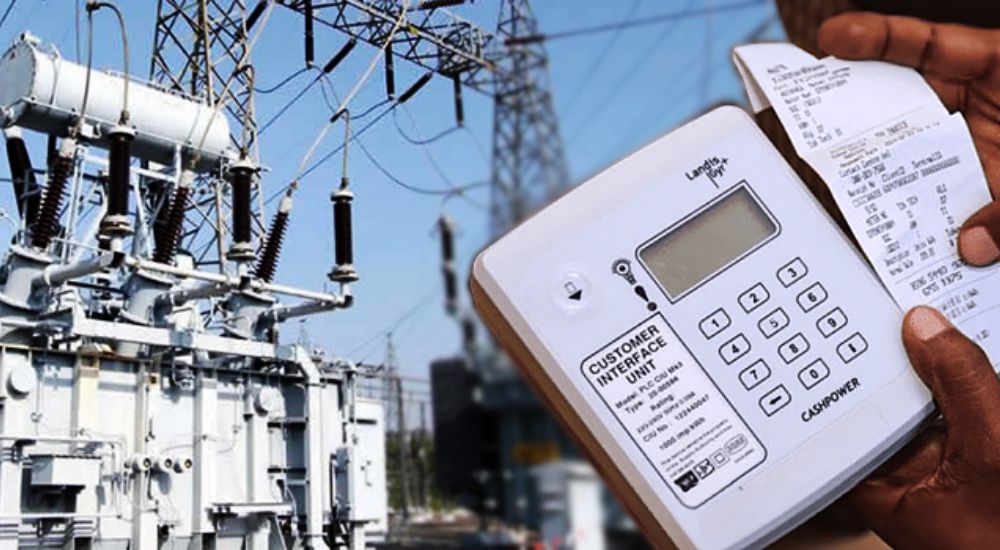The Managing Director of Mainstream Energy Solutions Limited, a power-generating company, Engr Lamu Audu, has called for the adoption of targeted electricity subsidy mechanisms that would protect the vulnerable Nigerians.
This, he argued, would stop the blanket subsidies, which he said are currently distorting market signals and sustaining inefficiency in the power sector.
Audu, who is a board member of the Nigerian Independent System Operator (NISO), warned that the current structure discourages investment and perpetuates inefficiency across the value chain.
He spoke in Abuja on Thursday as a keynote speaker at the 5th Annual Conference of the Power Correspondents Association of Nigeria (PCAN).
The conference was themed: “Cost-Reflective Tariff vs. Energy Poverty: Finding a Pricing Balance in the Nigerian Power Sector.”
Represented by the NISO’s Managing Director and Chief Executive Officer, Engr. Abdu Bello Mohammed, Audu stated that the challenge of balancing cost-reflective tariffs with energy affordability remains one of the defining issues in Nigeria’s electricity reform journey.
Advertisement
He said, “The real question, therefore, is not whether we should have cost-reflective tariffs, but how to achieve them in a way that preserves affordability and protects the most vulnerable among us.
“Finding that balance requires thoughtful, multidimensional strategies. First, we must embrace targeted subsidy mechanisms that reach the truly vulnerable, rather than blanket subsidies that distort market signals and sustain inefficiency.”
According to him, properly designed lifeline tariffs and data-driven welfare-linked rebates would offer real protection for low-income households while allowing the market to function efficiently.
“Properly designed lifeline tariffs and data-driven welfare-linked rebates can provide real protection for low-income consumers while allowing the market to function efficiently,” Audu said.
He said achieving this balance would require thoughtful, multidimensional strategies that combine economic realism with social equity.
Advertisement
Audu explained that while cost-reflective tariffs are necessary for utilities to recover costs and attract investments, the approach must be gradual, transparent, and tied to visible service improvements to build consumer trust.
“Consumers are more willing to pay when they experience reliability and fairness. Service-based tariffs, coupled with transparent communication and performance-linked adjustments, will foster this trust,” he said.
He stressed the need to reduce technical, commercial, and collection losses across the value chain, noting that each percentage point of loss recovered translates directly into lower costs for consumers.
Audu also urged regulators to maintain predictability in tariff review processes and called for alignment between tariff reform, gas pricing policy, and energy efficiency initiatives.

